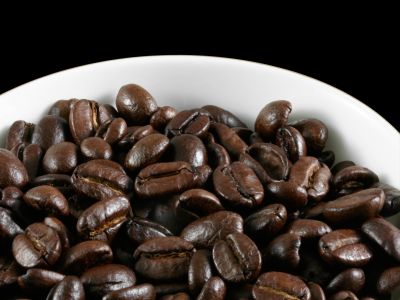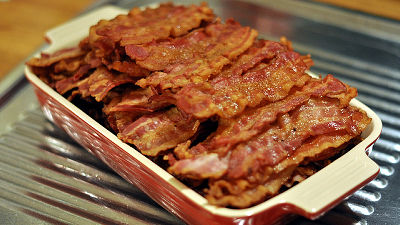WHO is trying to classify the artificial sweetener 'aspartame' as a carcinogen

The artificial sweetener 'aspartame' is used in many foods such as soft drinks and confectionery that appeal to reduce calories. Regarding such aspartame, it was reported that the International Agency for Research on Cancer (IARC) under the World Health Organization (WHO) is considering classifying it as a carcinogen.
Exclusive: WHO's cancer research agency to say aspartame sweetener a possible carcinogen -sources | Reuters
https://www.reuters.com/business/healthcare-pharmaceuticals/whos-cancer-research-agency-say-aspartame-sweetener-possible-carcinogen-sources-2023-06-29/
Overview of the International Agency for Research on Cancer (IARC) and IARC Carcinogenicity Classification: Ministry of Agriculture, Forestry and Fisheries
https://www.maff.go.jp/j/syouan/seisaku/risk_analysis/priority/hazard_chem/iarc.html
The IARC assessed the strength of the evidence for carcinogenicity of various substances and agents and classified them as Group 1: Carcinogenic to humans and Group 2A: Carcinogenic to humans. 'Probably carcinogenic to humans' 'Group 2B: Possibly carcinogenic to humans' 'Group 3: Not classifiable as to its carcinogenicity to humans)'. According to a Reuters report, IARC plans to classify aspartame as ' Group 2B: Possibly carcinogenic to humans ' in July 2023.
In 2022, 'subjects who consumed large amounts of artificial sweeteners, particularly aspartame and acesulfame K, had a higher risk of cancer than those who did not,' and 'aspartame was significantly associated with breast cancer and obesity-related cancers.' There are also reports of research results stating that 'it was shown', and it seems that the classification examination this time was based on various research results on aspartame.
A large-scale survey confirms that artificial sweeteners are associated with ``increased cancer risk''-GIGAZINE

However, the IARC classification is only for ``strength of evidence for carcinogenicity'' and does not evaluate ``magnitude of risk for carcinogenicity''. In addition, classification into 'Group 2B' does not require 'evidence of a convincing mechanism of action in 'humans', 'human cells' or 'human tissues' exposed to the substance or agent'. If one of the following three conditions is met, it will be classified as 'Group 2B'. For this reason, it should be noted that no direct evidence has been found that 'ingesting aspartame causes cancer'.
・There is “limited evidence of carcinogenicity” in humans
・There is “sufficient evidence of carcinogenicity” in laboratory animals
There is 'strong evidence that the agent has important carcinogenic properties'
In addition, 'Group 2B' includes familiar foods such as 'bracken' and 'pickles', as well as physical phenomena such as ' ultra-low frequency magnetic field '. A list of other IARC classifications can be found at the following link.
List of Classifications – IARC Monographs on the Identification of Carcinogenic Hazards to Humans
https://monographs.iarc.who.int/list-of-classifications

Related Posts:
in Food, Posted by log1o_hf







